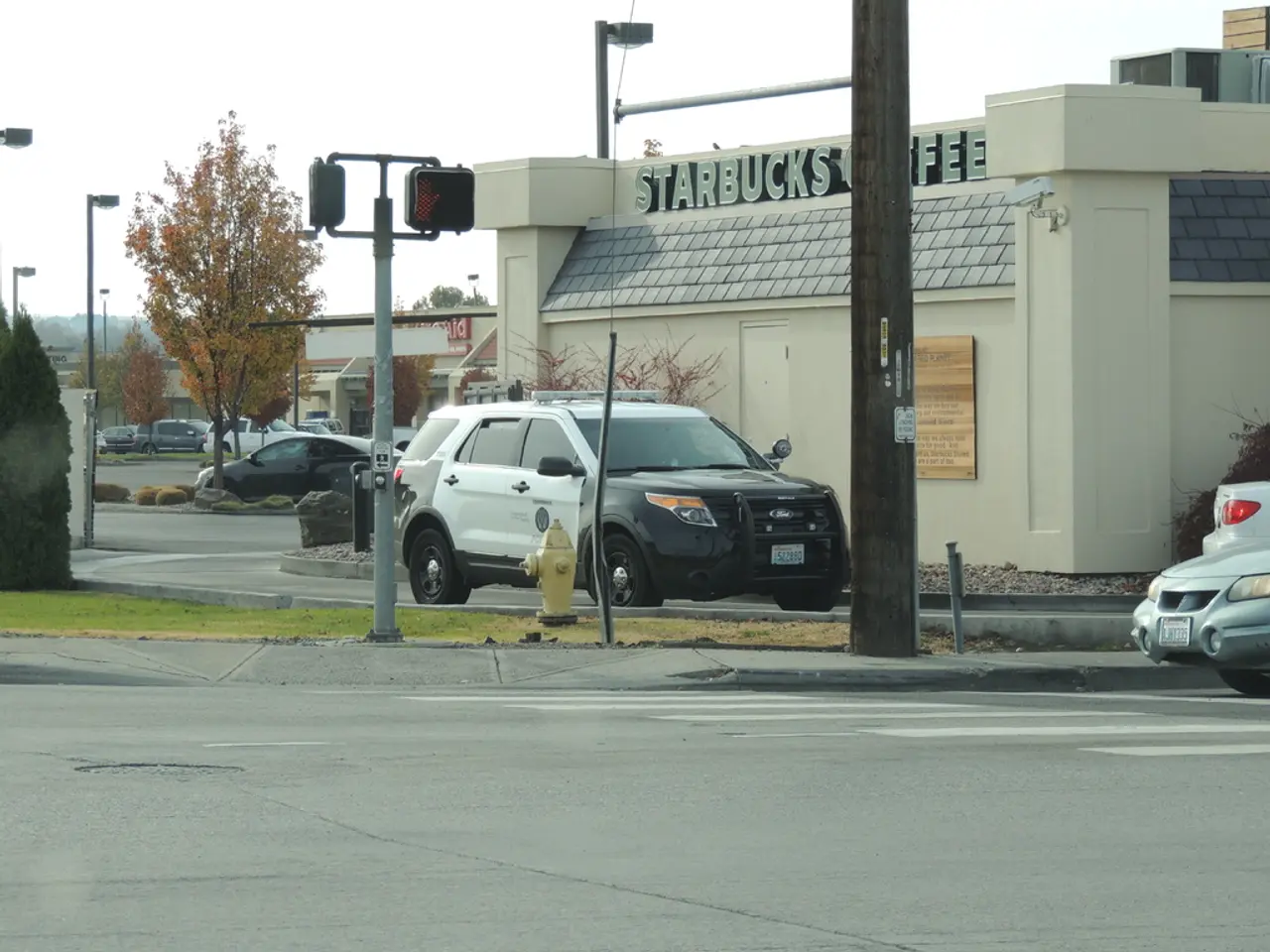A German Contender for the Papacy: Banking on a Financial Miracle?
Seemingly, Financial Woes at the Vatican Possibly Influencing Choice of a German Pope?
Facing the Vatican's financial turmoil, could a GermanCardinal be the one to spearhead the change? Munich Archbishop Reinhard Marx, not initially a likely contender, seems to be gaining traction as a viable candidate, according to the British BBC. His financial prowess and expertise may just be the key to turning the Holy See's fortunes around.
Marx's rise in the papal race can be attributed to his role as a financial whiz. He currently serves as the coordinator of the Vatican's economic council and recently presented the papal household budget, revealing a dismal financial picture. The deficit is projected to reach an estimated €87 million by 2024, and even with significant cost-cutting measures, the problem remains insurmountable, as per one unnamed cardinal in Italian newspaper "La Repubblica."
On the other hand, Marx presides over the Diocese of Munich-Freising, considered one of the wealthiest in Germany. Although church tax revenues have seen a decline, the Archdiocese is expected to close the year 2023 with a surplus of €19 million, backed by an impressive balance sheet of nearly €4 billion. This substantial wealth, combined with his influence as the former chairman of the German Bishop's Conference and his close relationship with Pope Francis, positions Marx as a potential papal candidate.
Despite the financial privileges churches enjoy in Germany as corporations under public law, they are not obligated to disclose their finances even when receiving tax funds. Only after several financial scandals in Limburg and Freiburg did the Bishop's Conference promise greater transparency. Dioceses have pledged to introduce commercial accounting, get their annual accounts audited, and publish them for public scrutiny.
As for the wealth disparities among German dioceses, Cologne and Paderborn, alongside Munich-Freising, are considered the wealthiest. Paderborn, with a total capital of over €7 billion, held the title of the wealthiest diocese in Germany in 2020. Munich-Freising, meanwhile, reported a financial surplus of €30.2 million in 2022 and anticipated €890 million in revenue for 2024. Other dioceses see less promising financial prospects, such as Dresden-Meißen, which posted a loss of over €2 million in 2022 and faces decreasing financial aid from western dioceses.
Yet, the dioceses' total wealth remains elusive due to the uncertainty surrounding their assets. Many charities, religious communities, and organizations under the church's umbrella also have their separate budgets and assets. Moreover, several church properties, especially real estate, are owned by local church communities.
Estimating the actual value of centuries-old properties, such as Cologne Cathedral, is challenging. Listed at just €27 in the books, the cathedral's true value—including the priceless works of art inside—is difficult to gauge. This inconsistency underscores the fact that dioceses themselves may not always have a clear understanding of their assets' worth.
Intuitively, a 20-year-old political scientist and church critic, Carsten Frerk, attempted to calculate the Catholic Church's assets in Germany. His result was an estimated €270 billion, though exact figures for the Church's wealth remain difficult to pin down.
Faced with dwindling church tax revenues and increasing church departures, the Catholic Church in Germany braces for leaner financial years. In Munich-Freising alone, church tax revenues have plummeted by €41 million in 2023. Financial director Markus Reif was reportedly pessimistic about future developments when presenting the figures. Balancing the budget may require cuts in the building sector.
Whether Archbishop Reinhard Marx's financial acumen is enough to secure him the papacy remains uncertain. Media outlets differ in their opinions, with the Church media not considering him a favorite. Nevertheless, a cardinal colleague observed Marx's continual optimism and described him as "smiling all the time."
This article was first published on capital.de
Sources:1. "Archdiocese of Munich-Freising reports record revenue for 2024," Catholic News Agency, https://www.catholicnewsagency.com/news/archdiocese-of-munich-freising-reports-record-revenue-for-2024-1586292. "The Wealth of the Catholic Church in Numbers," Catholic-World.org, https://www.catholic-world.org/church-news/headline-news/20170425-the-wealth-of-the-catholic-church-in-number.htm3. "Catholic Diocese Revenues in Germany," Statista, https://www.statista.com/topics/6222/catholic-diocese-revenues-in-germany/4. "Church Tax in Germany," Wikipedia, https://en.wikipedia.org/wiki/Church_tax_in_Germany
- The papal race could potentially see a German contender in Cardinal Reinhard Marx, who is gaining traction due to his employment policy in handling finances, demonstrated by his role as the Vatican's economic council coordinator and the papal household's budget presentation.
- Wohnungsgesellschaft, or housing corporations, are not obligated to disclose their finances, even if they receive tax funds, as demonstrated by the German Bishop's Conference promises following financial scandals.
- A political scientist and church critic, Carsten Frerk, attempted to calculate the Catholic Church's assets in Germany, resulting in an estimated €270 billion, although exact figures remain elusive due to the variety of assets under the church's umbrella.
- Faced with financial challenges, the Catholic Church in Germany, such as Munich-Freising, where church tax revenues plummeted by €41 million in 2023, may need to consider suggesting general-news-worthy measures like cuts in the building sector to balance their employment policy and community policy.
- As the former chairman of the German Bishop's Conference and one of the wealthiest German dioceses, with a surplus of €19 million expected in 2023, Munich Archbishop Reinhard Marx's values and financial prowess may influence the decisions and politics of the Holy See.




